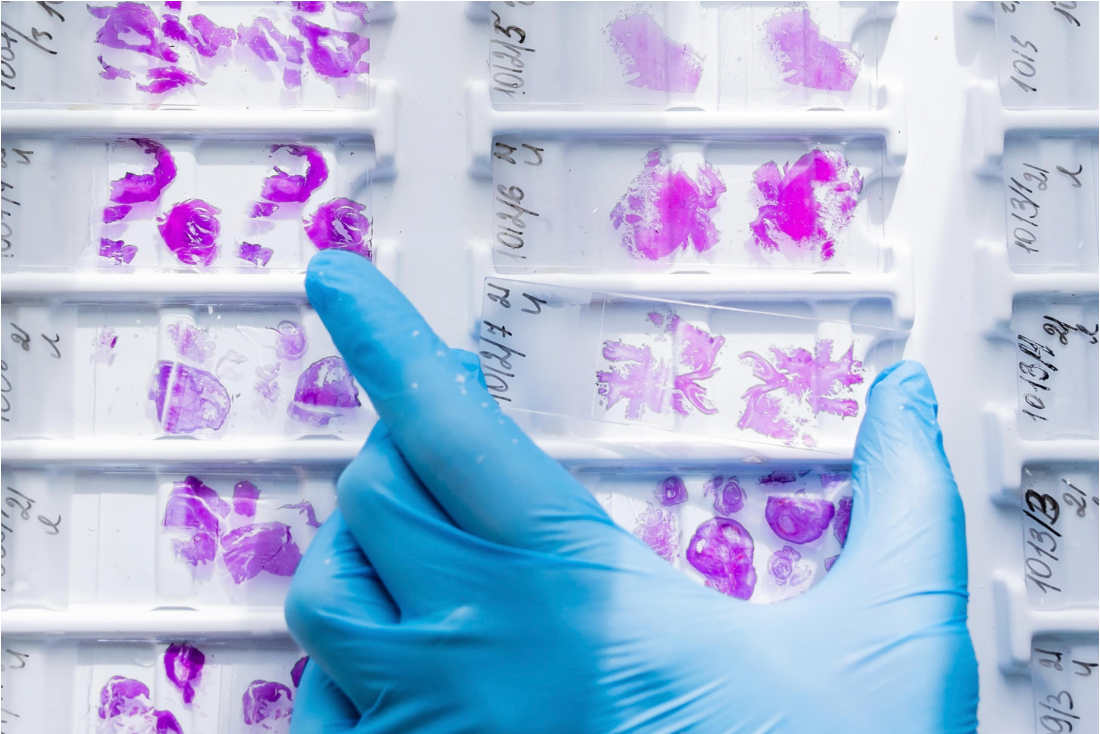



Original from: 360dx
Owkin announced on Tuesday that it entered into a collaboration with MSD ¡ª known as Merck in the US and Canada ¡ª to develop and commercialize microsatellite instability high (MSI-H) diagnostics for four types of cancer.
The collaboration, the financial details of which were not disclosed, aims to develop a pre-screening procedure to test for MSI-H rates in endometrial, gastric, small intestinal, and biliary cancers, using Paris-based Owkin's artificial intelligence-powered MSIntuit CRC assay.
MSI represents a defect in a cell's ability to correct DNA replication mistakes and occurs infrequently in these cancers, making screening not a routine practice.
MSIntuit CRC is currently CE-marked for colorectal cancer and Owkin plans to further develop this assay into the four new cancer types, leveraging multimodal patient data from multiple academic centers and hospitals. The assay applies machine learning to digitized pathology slides.
The collaboration will initially focus on the EU.
Some studies have shown that the MSI-H tumor phenotype potentially has prognostic and therapeutic importance, particularly with the increased application of immune checkpoint inhibitor therapies.
Owkin has been forming other collaborations aimed at applying spatial omics to cancer diagnostics and drug development. The company is the lead sponsor of the Multi Omic Spatial Atlas in Cancer, or MOSAIC, project, launched in June, and recently reached a deal to incorporate 10X Genomics' spatial and single-cell technologies into that program.
"This strategic alliance with MSD is focused on improving the way patients are diagnosed and receive treatment, advancing our shared mission of supporting healthcare providers in their adoption of innovative digital diagnostics," Meriem Sefta, chief diagnostics officer of Owkin, said in a statement. "It is clear that there is a need for AI diagnostics that can both ease bottlenecks and resource pressures while also ramping up biomarker testing to match patients with optimal treatments."
Source: Owkin, MSD Collaborate on Digital Pathology Cancer Diagnostics